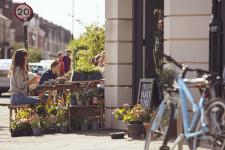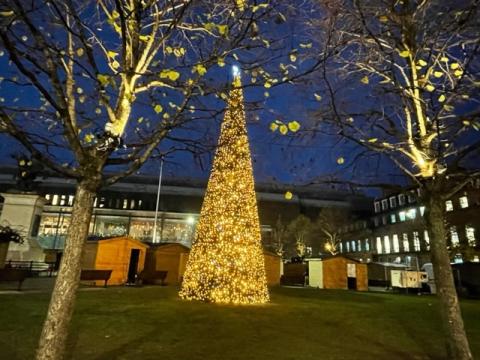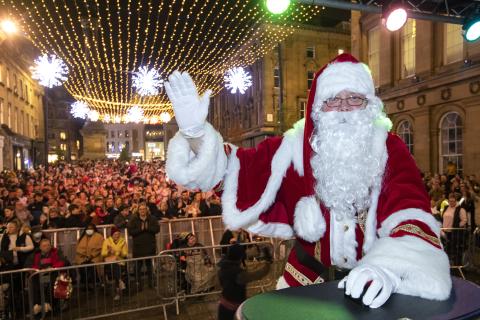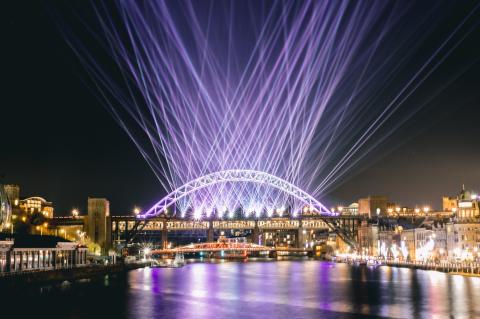25 January 2024
| | 2 min readFragility of Freedom: Time to remember and reflect
Freedom means different things to different people. From freedom of expression and freedom of belief to the freedom to live. Freedom is something we all take for granted but freedom is fragile.
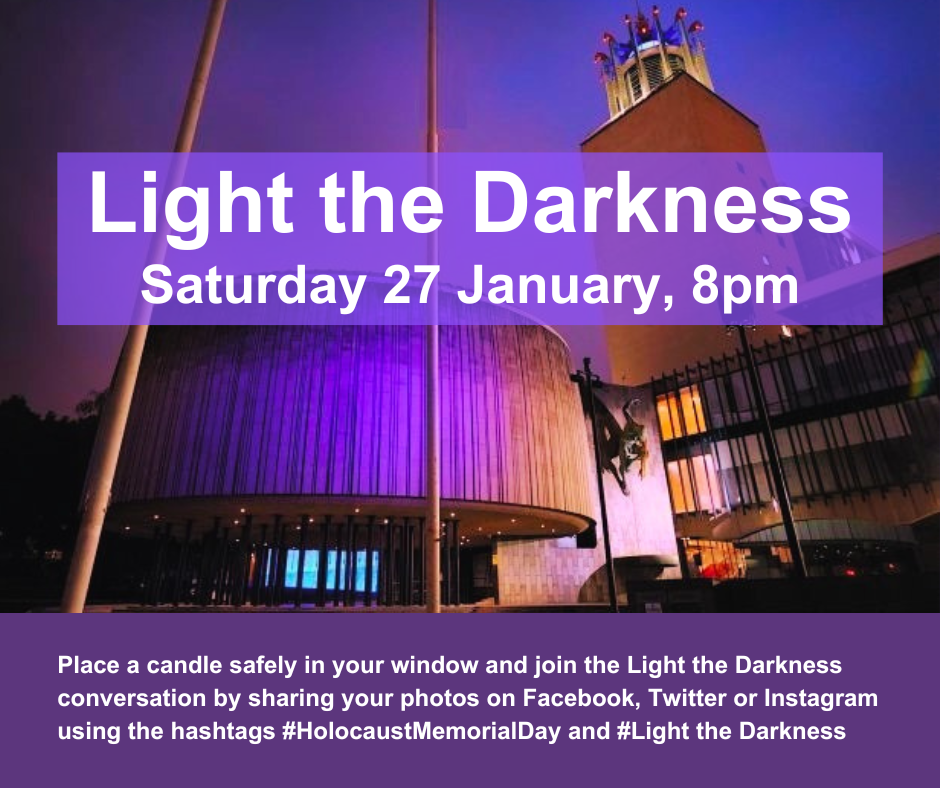
The theme for Holocaust Memorial Day 2024, Fragility of Freedom, recognises how easily freedoms can be lost or stolen and how, even when they are regained, life may never be the same again.
In every genocide circumstances are created that allow the persecutors to reduce and remove the freedoms of the people they target. From symbolisation through discrimination, dehumanisation and eventually to extermination genocides don’t just happen. They are organised. During the early stages they can be stopped but too often the world fails to notice until it is too late.
Holocaust Memorial Day, which takes place on 27 January every year, is an opportunity to remember the millions who died in the Holocaust and subsequent genocides in places such as Cambodia, Rwanda, Bosnia and Darfur.
It is also an opportunity to learn and understand what we can all do to take a stand against genocide before it is too late.
Newcastle’s thought-provoking and enlightening programme of activities is being delivered by local groups, organisations and communities and is based on their interpretation of the Fragility of Freedom.
%20Andrew%20Sutton.jpg)
Activities to mark Holocaust Memorial Day in the city include exhibitions, talks, concerts and films and will continue until February. Making History Together is a travelling exhibition which commemorates and promotes learning about the Holocaust in the German-occupied Soviet Union. It includes a series of workshops for schools called the Together Plan to help young people understand the Holocaust.
Brundibár Arts Festival is the only annual event that showcases little known music written during the Holocaust. This year’s opening concert, Music from Another World, features the work of often forgotten Polish Jewish composers who suffered at the hands of the Nazis. The concert will include performances of music by Holocaust survivor Wladyslaw Szpilman who is perhaps best known as the central character in the 2002 film, the Pianist.
People in Newcastle will also have the opportunity to learn about the lives of children who survived the Holocaust. Their memories from before the war are often vague or non-existent and they often ask ‘How can we make sense of our lives when we don’t know who we are or where we come from?’
In her award winning book, Survivors, Professor Rebecca Clifford considered the lives of 100 Jewish children from the ruins of conflict, through their adult life and into old age. Her online talk, which includes British Sign Language interpretation, will look at the research she used when writing her book and reflect on the stories she was told.
Councillor Paula Maines, Cabinet Member for a Resilient City said “Holocaust Memorial Day is an important reminder of what can happen when prejudice and discrimination are allowed to take hold and grow. An opportunity to reflect on what can happen when hatred goes unchecked.
“While we in the UK may not be at immediate risk of genocide we need to be aware that, if we are not vigilant, it can happen anywhere in the world. Millions lost their lives to the Nazis, in Rwanda, Cambodia and Darfur.
“The freedoms that we take for granted can so easily be lost. By focussing on the Fragility of Freedom we will remember those who have been persecuted in the past and learn lessons for the future.”
Full details of Newcastle's Holocaust Memorial Day programme can be found at https://www.newcastle.gov.uk/our-city/history-and-heritage/holocaust-memorial-day/holocaust-memorial-day-2024.
"If we forget, we create the conditions needed to let history repeat itself. It is important to forgive, but not to forget that Rwanda still needs rebuilding."
Denise Uwimana
Rwanda Genocide survivor
If you would like to give us feedback on our website, please complete this short online form.

